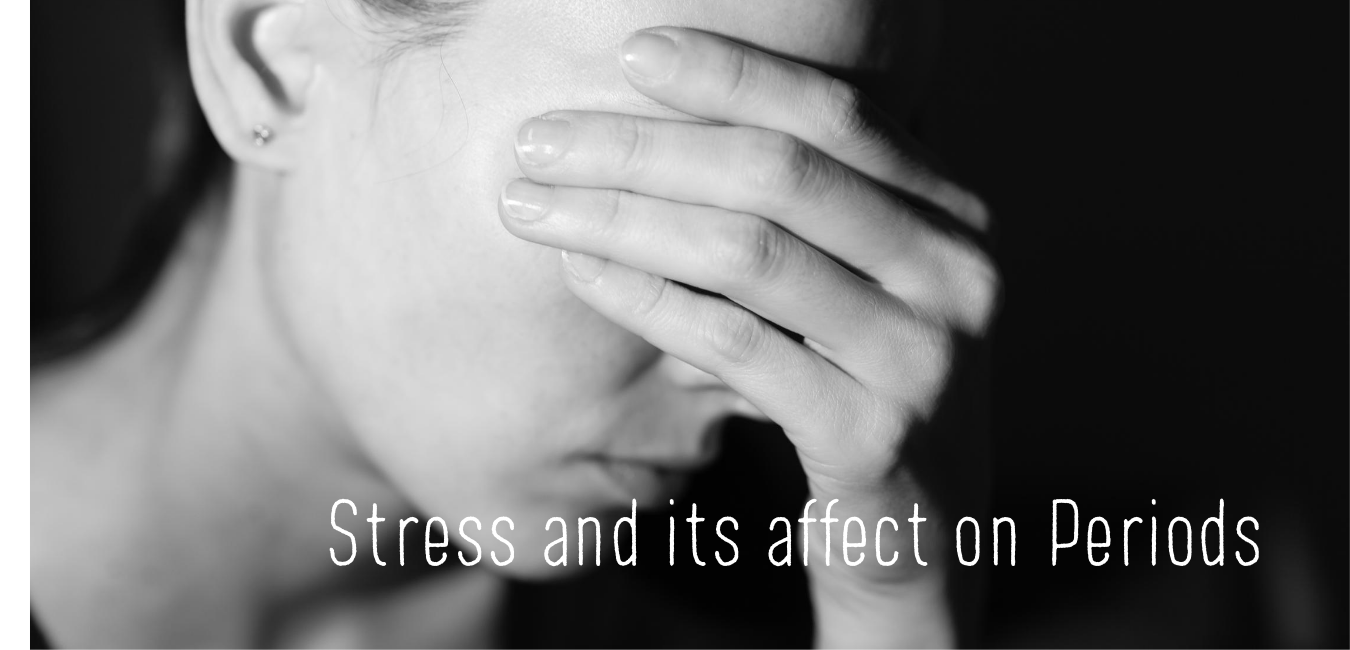
The first time I started writing this blog I ended up writing a whole page on the stress response system and didn’t even get to how it affects your period.
If your life is like my life, then you want the info about how this all works, some dot points with some solutions attached and then you can get on with your night.
And maybe I’ll put the stress response system out in another blog because it’s pretty interesting but in the interests of keeping this one so it doesn’t turn into the equivalent of a Shakespearean soliloquy, I have chopped it down and stuck with the basics.
When I talk about stress in this blog, I am referring to psychological stress. Stress can come from lots of different places including not eating enough, light exposure, insomnia but that is another blog too!
Stress isn’t always a dirty word
First of all, I have to let you know that stress all by itself is not necessary a bad thing. We are supposed to have some stress as it helps to build some specific resilience in our bodies. The thing is though, we are supposed to have a stressful event and then have time to recover before there is another stressful event. This does not always happen in the fast-paced world that we live in now.
The result of stress on our cycle
There have been a few studies that demonstrate that stress can result in complete absence of cycle, shorter cycle lengths or no ovulation which in turn can sometimes result in longer cycle lengths! We also have some studies that suggest that stress can increase premenstrual and during menstruation pain. I know from clinical experience that stress can cause a “sub optimal” cycle meaning that many of the hormones related to the cycle are lowered.
The mechanisms are complex, but they essentially there is lots of interplay between a part of the brain, the hypothalamus and the pituitary gland and the ovaries which control the reproductive cycle. The stress response system is controlled by the interplay between parts of the brain, the hypothalamus and the pituitary gland, with the adrenal glands.
When the interplay of the brain and the adrenal glands is fast and furious like it is when we under constant stress, it downplays the interaction between the brain and the ovaries and it just doesn’t have the same level of attention. Biochemically is way more complex than that but I’m guessing you get the gist of what I’m saying. The brain is too busy with the stress to concentrate on the ovaries.
Why would this happen?
I always come back to the basics when we ask the “why is it so” question. And to me if we look at our cycle this way then it makes sense that stress could throw our cycle off.
Our menstrual cycle exists so that we can have a baby (if that’s what we want to do). One of our brains major functions is to keep us safe. Pregnancy takes a lot of nutrition and energy from a woman and it also has the potential to slow us down as the baby grows. It has the potential to put our body at risk. The brain and the body are really smart, if our brain is perceiving ongoing stress which it equates to danger, then it makes sense that it would suppress a non-essential function like reproduction. Your brain is basically saying that if danger exists then clearly now is not the time to bring a completely dependent baby into the world. There is just too much risk to you and to the baby.
(On a side note, its one of the reasons that I discuss stress and the brain feeling safe in depth with fertility patients)
What can you do about it?
Some stress reduction techniques;
- Yoga
- Breathing
- Counselling / psychology
- Exercise (but don’t overdo it as exercise can be a stressor too)
- Time alone
- Sensory deprivation floats (amazing!)
- Meditation
- Acupuncture
- Catastrophe scaling (where you analyse the severity of the incoming stress and rate if it deserves a high emotional reaction)
- Massage
- Hugs from friends and animals
- Talks with friends
- Time in nature
The take away message
Look the main thing is firstly to recognise that if your period has gone a bit wonky then having an honest look at the stress (and perception of stress) in your life is a worthwhile start. Sure there might be more to it but it might be a big factor – especially at this moment in the world.
If you have a bit of trouble figuring out what to do next, then reach out.
Much love
Wendy
